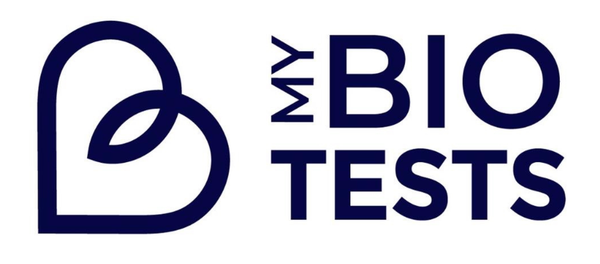
Are Wellness Vending Machines Worth the Investment? Deep Dive on Cost & ROI for Colleges
Share
When university decision-makers evaluate a wellness vending program, the question is often: Will this pay off? Let’s unpack the true costs, potential returns (in direct and indirect value), and how your college can deliver ROI immediately — without investing capital.
Typical Costs Overview
| Cost Type | Estimated Range* | Notes |
|---|---|---|
| Machine hardware & installation | $3,000 – $10,000 | Depends on size, features, smart tech integration |
| Product inventory (initial) | $500 – $2,000 | Depending on volume, categories, and test kits |
| Restocking & logistics | $200 – $600/month | Based on usage, travel, staffing |
| Maintenance & repairs | $100 – $300/year | Expect occasional parts or servicing |
| Packaging/consumables | $50 – $200 | Labels, packaging supplies, signage |
| Regulatory / compliance costs | Varies | Local permits, legal reviews, health compliance |
* Estimates vary by region, technology level, and usage patterns.
Note: Some vending cost sources suggest new machines often run $3,000–$5,000, with used ones cheaper.
Potential Returns & Benefits
Direct Returns
-
Product margin income: In self-pay models, reasonable markup on OTC or tests (if allowed)
-
Reduced clinic burden / cost savings: Fewer triage visits, reduced staff load
-
Grant or health fund subsidies: Revenue from public funding applied to select items
Indirect Returns (often more significant)
-
Improved attendance / retention: Healthier students miss fewer classes
-
Better student satisfaction / wellness reputation: Attract prospective students
-
Reduced emergency care cost: Early detection and intervention reduce downstream costs
ROI Scenario Example (Hypothetical)
Assume a mid-sized university installs one machine with the following annual metrics:
-
Hardware & setup (covered via placement)
-
Inventory & operational cost: $12,000/year
-
Student usage revenue (or savings) valued at $20,000/year
-
Clinic cost reductions: estimated $8,000/year
-
Intangible benefit (retention, reputation): difficult to quantify, but potentially significant
By this estimate, ROI = (20,000 + 8,000 – 12,000) = $16,000 net benefit, even before counting retention/reputation value.
Sensitivity & Risk Factors
-
Low usage / adoption
-
High product wastage or expiry
-
Regulatory changes affecting margin models
-
Maintenance issues or downtime
But many of these are mitigated when a provider handles stock, maintenance, and compliance.
No Budget? No Problem.
You don’t have to carry the financial risk or capital requirement. With the My BIO TESTS Wellness Vending Machine Placement Program, we handle the hardware, inventory, stocking, and servicing — at no cost to your institution. You enjoy all the benefits and ROI upside immediately. Later, you may elect to use grant funds or internal budgets to subsidize key items for students.
Don’t wait for budget cycles. Contact My BIO TESTS today to launch a no-cost wellness vending program — and let your campus start seeing ROI from day one.
